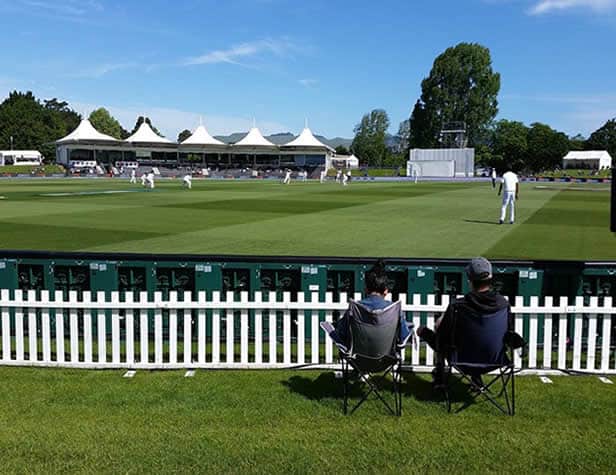Age fraud in Indian sports: High-time to curb the menace

Last updated on February 13th, 2023 at 04:23 pm
Age fraud in sports has become a concerning matter over time with increasing number of incidents over the past few years. Speaking on the matter during an interview, eminent cricketer Rahul Dravid had said that age fraud is an erosion of culture, adding that it is as bad as fixing a match. He asserted that age fraud leads to a scenario where talented players don’t get to play when they actually should be playing.
One of the most popular cases of age fudging came to light when Indian batsman Manjot Kalra was awarded Man of the March in 2018 Under-19 cricket World Cup final. However, later it was found out that his actual birth date was January 15, 1998, and not 1999 which indicated that he was ineligible to be a of the under-19 team. A case was filed against him and few others related to the matter by the Delhi Police in June 2019 and he was banned for a year by the DDCA from all Ranji Games.
During the 2018 Khelo India Youth Games, there were several complaints about age fraud with players having manipulated their real ages on their identification certificates. In 2013, six states namely Bihar, Haryana, Delhi, UP, Rajasthan, and MP were banned by the Athletics Federation of India from participating in various sports events for fielding ‘overaged’ athletes.
These are a few examples of many such incidents where a national sports federation has banned players and athletes from taking part in the event over age fraud. Reportedly, manipulation of date of births by the players has been rampant in all forms of sports with the support of parents, coaches, and other authorities. Governing authorities have also been ineffective in dealing with the rising cases of such frauds. Sports bodies like the BCCI, AIFF, and the Sports Authority of India have been investing billions in subjecting thousands of young players to wrist X rays for age determination tests. However, it has did not provide a fool-proof method for certifying age as stated by the International Olympic Committee. Despite several legislations and rules, such cases have surged and only added to the woes of the authorities.
In 2009, the Sports Ministry had issued detailed guidelines to all sports federations, allowing the bodies to treat age frauds on the same lines as anti-doping measures. In 2010, a National Code Against Age Fraud in Sports was introduced by the Ministry of Youth Affairs and Sports in an attempt tackle such offences and ensure fair play. Sports federations coming under the mandate of this code are: Sports Authority of India (SAI), recognised national sports federations, sports control boards managed by state governments and Union Territories. The code recognises that an age fraud in sports not only violates these core values but also put genuine athletes in a disadvantageous position. However, it is of crucial importance that the administration chalk out a stringent code of conduct to regulate such cases from the grassroot level.
Read: PM Modi’s meeting with the state CMs over lockdown 3.0 exit plan begins
Furthermore, not just in Indian sports, internationally as well, several cases have come to light where players were caught deceiving the sports event organisers and authorities.



